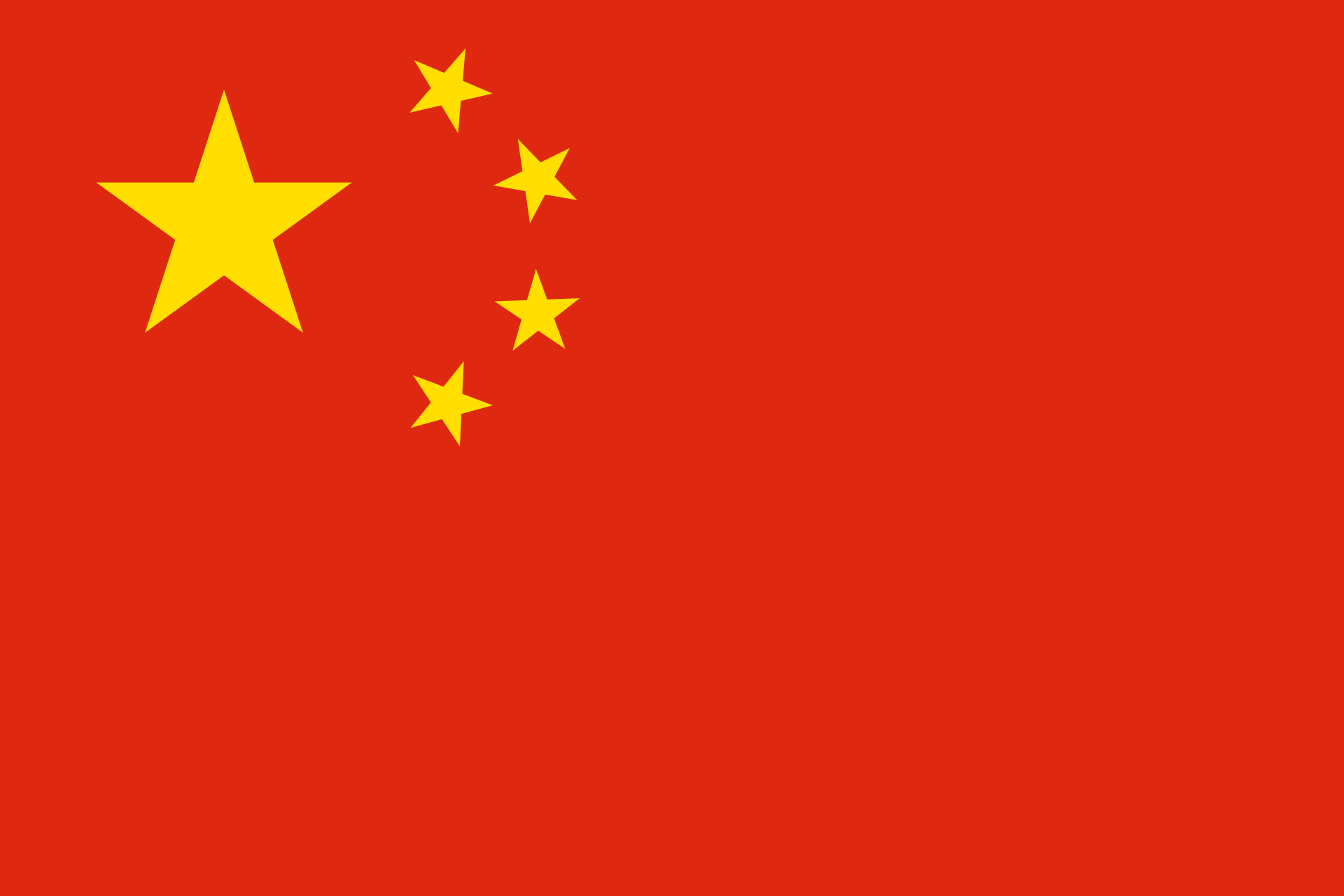THE ISLAM IN OMAN
Oman was one of the earliest communities to adopt Islam, in the lifetime of the Prophet Mohamed himself, and went on to carry the tolerant, peaceful message of Ibadhi Islam wherever its trading interests or cultural curiosity lured it. Omani merchants introduced Islam to East Africa, to the Malaysian archipelago, the Indian sub-continent and beyond.
When Basra was a hub of early Islamic learning in the first century of the Hejira, Omani scholars were among its leading lights in the generation of new ideas and then communication of these to the expanding Islamic world. Wisdom they likened to “a bird, who laid her eggs in Medina, hatched them in Basra and flew to Oman.” The list of Omani authors at this time was rich, and the Omani Library accumulated an unrivalled collection of works in Islamic jurisprudence, history, literature and other disciplines. This product of ‘internal exploration’ their compatriots took with them on their maritime explorations abroad.
The celebrated Omani frankincense merchant Al-Qassim, later joined by another prominent Omani businessman, Al-Nadhar bin Maymoun, settled in China in the second century of the Hejira, where they married Chinese women, raised families and erected mosques in Chinese cities, including the Grand Mosque in Guang Zhou, which dates probably to 1009 AD.
An Omani expedition led by Hashim bin Abdullah and cited in Chinese sources, notes that he brought gifts including pearls, dates, rosewater and textiles to the Chinese emperor. A subsequent voyage by Abdullah led him to stay for several years in Canton where, being close to the Emperor Shen Zong, he was appointed as mayor of the foreigners’ district in the city. He returned to Oman in 1072. These and others like them contributed greatly to the spread of Islam in China. Muslim traders saw themselves as both merchants and teachers.
Islam had the most profound impact on the lives of those who adopted it, from the manner of worship, to male and female dress, to public behaviour, marriage and family, inheritance, the treatment of women, orphans and of followers of other religions who came under Muslim rule.





